I love sloths
When I wake up in the morning…I think about sloths. When I go to sleep at night…I think about sloths….and throughout the day when not directly working on another project; I am completely engrossed in thoughts about sloths. In fact, just this morning…I shot out of bed with another research idea about sloths and went directly to my computer to start typing. If I could remember my dreams better…I’m pretty sure I would find that I dream about sloths too.
No people, that is NOT an exaggeration.
I realize that this description of my innermost ideas, may sound crazy to some and at the very least unbalanced to others. However, I don’t care because I LOVE sloths! The rest of the world is going wild over sloths and a lot of people, who have never even met one, are throwing around the idea that they adore them. But, I can assure you that my love is pure and is based solely on doing everything I can to save them. They are NOT meant to be pets or to be possessed or owned or spend their days in tiny cages. They are meant to be free and living in the forest as they evolved to live. They should be free to smell the breeze, feel the sun and make their own decisions about their lives.
Sloths are incredibly charismatic animals. They are gentle (when not stressed), beautiful, adorable, unique, smart, playful and just plain cool. They are also particularly vulnerable to the threats that humans impose (roads, dogs, habitat fragmentation, hunting, pet trade) yet they have survived over the centuries because of some incredible evolutionary adaptations. However, these exact evolutionary adaptations are what make them so difficult to care for in captivity and our encroachment on their habitat has lead to their frequent appearance at rescue centers throughout Central and South America.
I met my first rescued sloth orphan exactly 541 days ago. Her name is Pelota and she is now the oldest member of “The Three Amigos”. As soon as I saw her, I fell in love. Clutched tightly to her teddy bear she was fast asleep (it was day time and two-toed sloths are nocturnal). Her caregiver at the time started explaining Pelota’s diet and routine and then she said something that lit a fire inside of me that has yet to be extinguished. “Sloths always die”. My heart sank and I felt sick to my stomach. How could that be? Why? Why do they die? Instead of feeling discouraged…I felt motivated. I wanted to know more…everything I could about sloths. I NEEDED to know more. That night, I went home and like a good 21st century researcher…I started googling. Downloading and reading every paper I could find about sloths I began to learn about their biology and behavioral needs which started to paint a picture of why they are so difficult to hand-raise and maintain in captivity. However, the more I learned the more I realized that the current scientific literature still leaves so many unanswered questions.
Being naturally inquisitive, these unanswered questions are what keep me up at night. I feel an intense obligation and responsibility to not only keep the sloths in my care alive, but for them to thrive and make it back home to the jungle. The thought of “my babies” living the rest of their lives behind the protective bars of a cage makes me nauseous. They deserve more. In order to give them what they deserve I need to learn as much as possible through scientific research as well as work with the numerous other places around the world who care for sloths. Any person who works to save and return sloths to the wild, is a friend of mine and I want to meet them, talk to them and figure out how we can work together to save as many sloths as possible.
A year and a half later, Pelota is thriving with her younger friends Kermie and Ellen and they are my first hand-raised sloth orphans gearing up for their big release. But the process of getting them to this point has been very time consuming and expensive. Even more expensive is studying this process and planning a post-release observational study. The three amigos will be the first hand-raised sloths that I release back to the wild, but they won’t be the last. It is important to learn from this process and use that knowledge to help future rescued sloths. The Sloth Institute was created to seek scientific answers to these burning questions and stop at nothing to give every orphaned or injured sloth the second chance they deserve to be wild.
The sloths that I care for need me. They need me to love them unselfishly and they need me to help them get back home. Are you willing to prove your love for sloths and join me?
Sam Trull
Director and Co-Founder
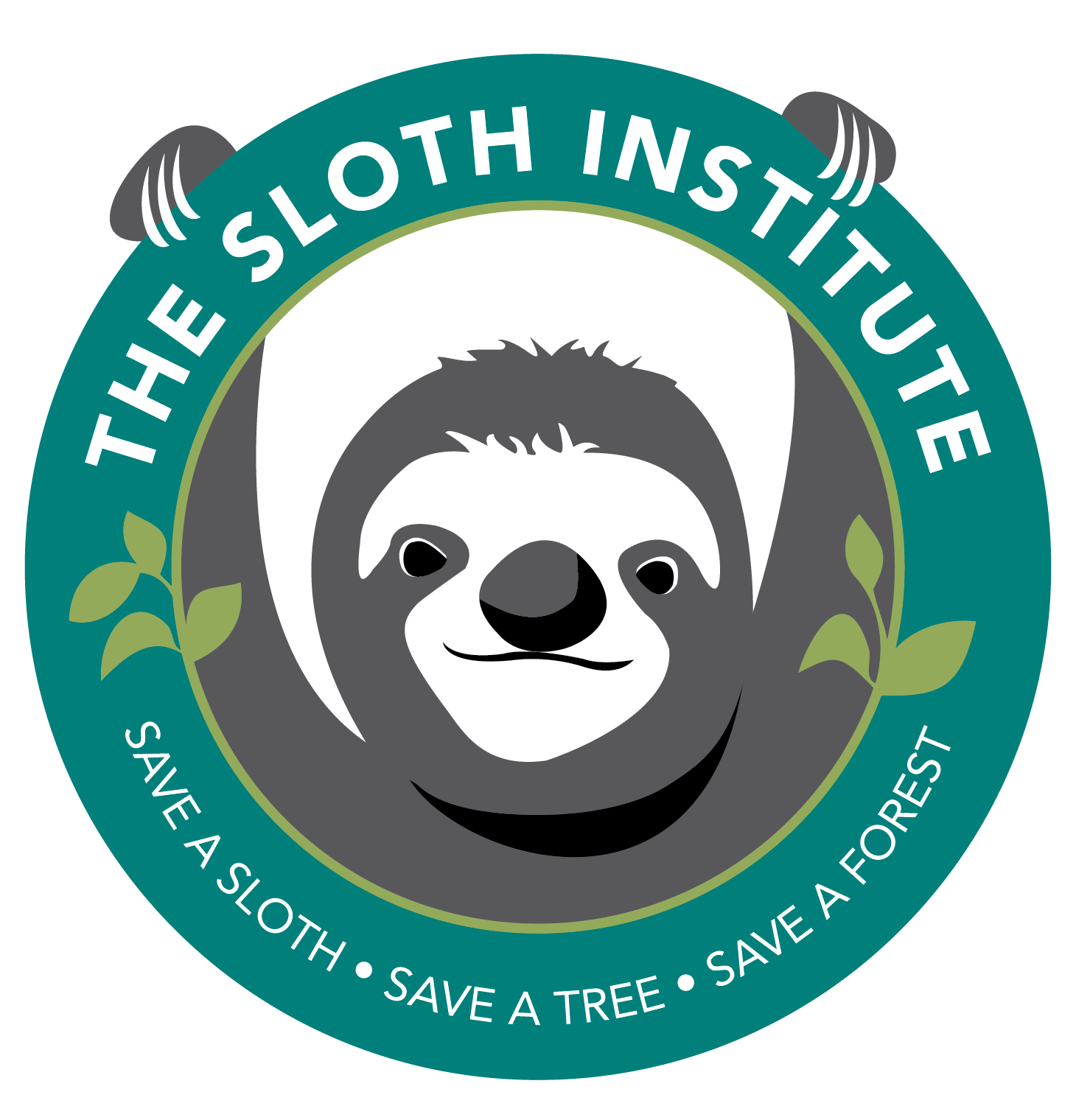
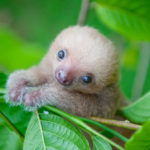

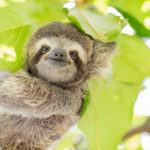
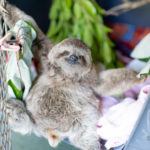



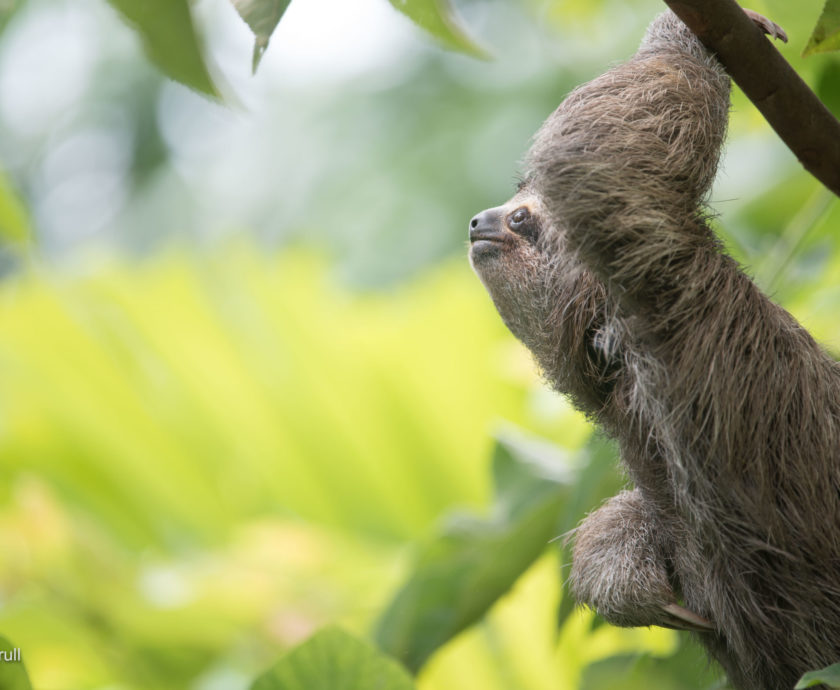
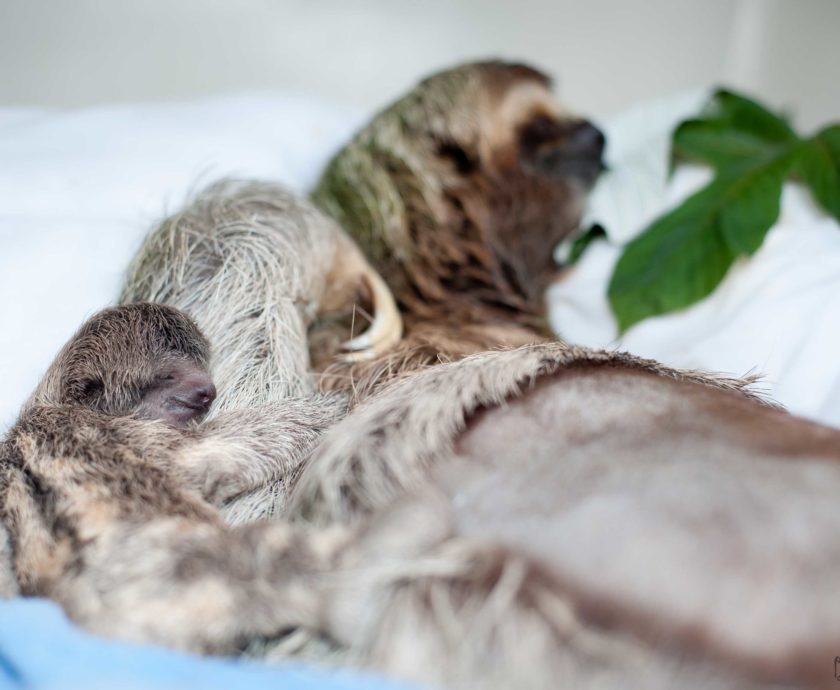
I haven’t hugged a sloth since July 11th… *withdrawal symptoms*
I know more importantly it’s about what the sloth needs, and that is lots of love and ultimately freedom. You’re doing such a great job!